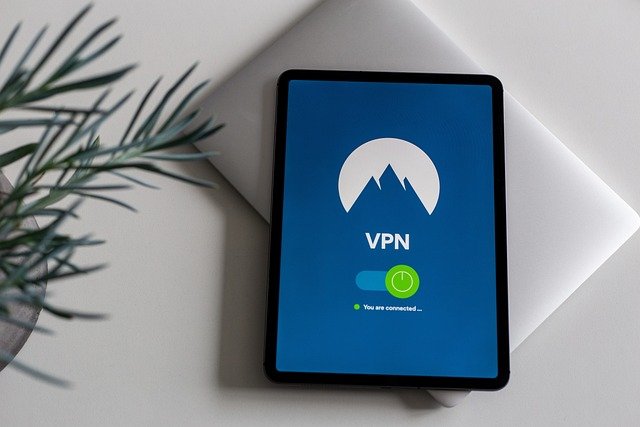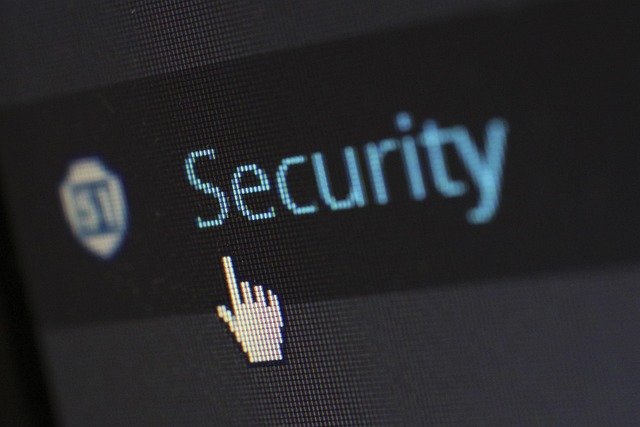What Is a VPN and How It Protects Your Online Privacy
A Virtual Private Network (VPN) creates an encrypted tunnel between your device and a remote server, helping protect data in transit and masking your device’s apparent IP address. VPNs are widely used by individuals and organisations to add a layer of privacy on public networks, access region-restricted resources, and reduce some types of online exposure without claiming complete anonymity.

What is a VPN and what does it protect?
A VPN is a service that routes your internet traffic through a server operated by the VPN provider, encrypting data between your device and that server. This protects information from interception on unsecured networks, such as public Wi‑Fi, and prevents casual observers (for example, someone on the same network or an ISP) from reading your traffic. A VPN can hide your IP address from visited websites, but it does not remove identifiers stored by websites themselves, such as cookies, nor does it prevent browser fingerprinting or endpoint compromise.
How does a VPN route and encrypt traffic?
When you connect to a VPN, your device establishes a secure connection to the provider’s server using a tunnelling protocol. Common protocols include OpenVPN, WireGuard and IKEv2; each balances performance and security differently. Encryption scrambles the contents of your packets so intermediaries cannot easily read them. After reaching the VPN server, traffic continues to its destination from that server’s IP address. Note that encryption only covers the path between you and the VPN server — once traffic leaves the server to a website that isn’t encrypted (HTTP), it can be exposed in transit beyond the VPN endpoint.
What types of VPNs are commonly used?
There are several typical VPN setups: remote access VPNs for individual users connecting to a corporate or public VPN service; site‑to‑site VPNs that link networks between different physical locations; and mobile VPNs optimised for changing networks. Some services also offer split tunnelling, which routes specific app traffic through the VPN while allowing other traffic to use the regular internet connection. Businesses often deploy managed VPN solutions to control access to internal systems, while consumer VPNs focus on privacy and geo‑accessibility features.
When should individuals and businesses use a VPN?
Use a VPN when connecting over untrusted networks (for example, public Wi‑Fi at cafes or airports), when you need to access resources that require connection from a particular region, or when an added layer of privacy is desirable. For businesses, VPNs support secure remote access to internal services and can enforce encryption between employees and corporate systems. VPNs are not a complete security solution: combine them with up‑to‑date software, strong authentication, and endpoint protection. If you require specific local services, check whether a VPN impacts access or performance for those services.
Costs and subscription models for VPN services?
Consumer VPNs typically offer monthly or annual subscriptions, sometimes with discounted longer-term plans. Pricing ranges widely depending on features like simultaneous device connections, server locations, speed, and additional services (such as malware filtering). Enterprise and managed VPN solutions are often priced per user or per site and may include setup and support fees. Free VPN options exist but frequently limit bandwidth, speed, or collect more user data; examine privacy policies carefully. Prices, rates, or cost estimates mentioned in this article are based on typical market patterns and may change over time. Independent research is advised before making financial decisions.
Privacy trade-offs and practical limitations
While a VPN enhances privacy from network-level observers, it introduces a trust decision: the VPN provider can potentially view your unencrypted traffic and knows your real IP address. Evaluate providers’ logging policies, jurisdiction, and transparency practices. VPNs do not protect against malware, phishing, or data already exposed on a website. Performance impacts may occur; encryption and routing can add latency or reduce throughput. Finally, legal and policy constraints vary by country — some jurisdictions restrict or regulate VPN use, so verify local rules before relying on a VPN.
In summary, a VPN is a useful tool for encrypting traffic and masking an IP address, particularly on untrusted networks or when accessing region‑restricted resources. It should be used alongside other security practices and chosen after considering provider trustworthiness, technical needs, and any applicable local regulations.




